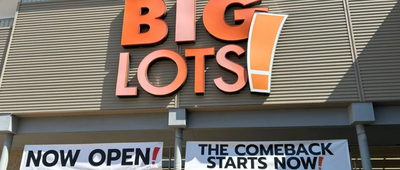Change Agents
The past decade has brought about tremendous change in our daily lives thanks to the evolution of technology and companies launching apps and products designed to help us with even the most mundane of tasks, from ordering take-out food (who knew that process needed to be improved?) to finding driving directions, dating, and even the accommodations we choose for vacations. The world and how we interact with it has vastly changed over the past 10 years thanks to pioneering companies and platforms. Here are just some of the companies that have had a significant impact on our lives. (And here are 12 Tech Flops of the 1970s and '80s That Were Ahead of Their Time.)



























